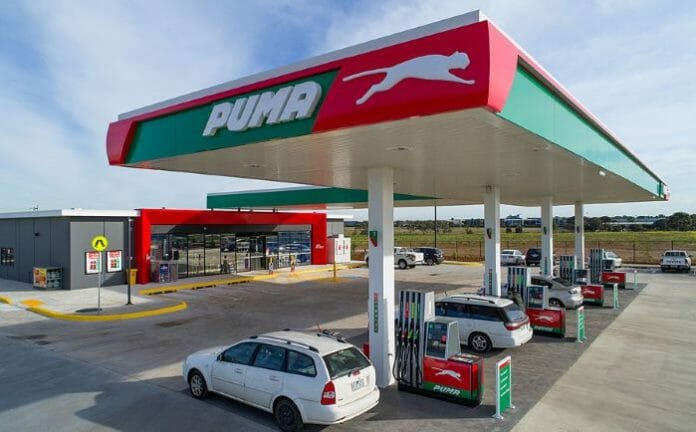Everybody saw it coming. No one did anything.
Now the scramble is on to find a way for this energy and resource-rich nation to deliver reasonably priced gas to a relatively small population of 25 million.
How hard can it be?
The Federal and State governments are holding crisis talks to find a way forward. With the preamble of do not expect any solution at all in the short term.
Again, why not? The UK has a good household energy rebate system.
When it comes to rising petrol prices, which in Australia may well reach $3.00 in the coming months and go on to $3.50 next year, we have to immediately remove the regressive fuel excise tax.
Quick, pure and simple and should be announced and enacted this very day. It is a crisis. Government must act.
A real challenge is an obsession with excel spreadsheet thinking to balance the budget. This is a time of national crisis and urgent action needs to be taken.
We managed to have the biggest stimulus package per capita in the world for the world’s lowest number of Covid cases, but when there is a crisis immediately impacting every household in the land, governments are slow to act. Snail like in fact.
The new Albanese government has a real opportunity here to level the playing field for working families by immediately removing the fuel excise tax. Permanently and in full.
Yes, Australian petrol prices can hit $3.00 per litre this year.
Many locations are already charging well over $2.30 per litre. This is the result of an international oil price that was trading in a $100 to $105 range.
In recent days, Oil has resumed its upward march. Already hitting $120 a barrel, and the forecast here remains a move to the $140 to $150 range. With risk as high as $150. Even $180 is possible this year.
Just at the $140 to $150 area, which is likely to become the new long term baseline with occasional spikes higher, the price at the bowser will most certainly exceed $3.00 per litre.
In fact. after hitting $3.00 this year, expect to be paying $3.50 early in 2023.
This is all part of the global energy shock we have been warning of for several months now.
It is a global phenomenon. As prices rise and supply concerns mount, we will also see more and more governments begin to compete to hold ever-greater reserves.
As an energy-rich nation, we had better learn to manage these risks fast.
The combination of both higher interest rates and inflation already paves the way to a recession in Australia in the second half of this year.
A true energy/fuel shock is building, making a serious and sustained economic slow-down inevitable.
Let’s start with cutting the fuel excise tax.
Market insights and analysis from Clifford Bennett, Chief Economist at ACY Securities









